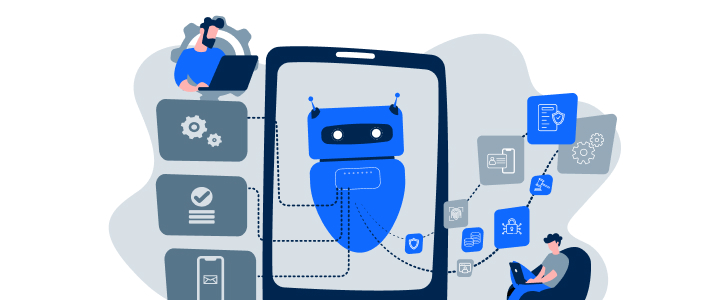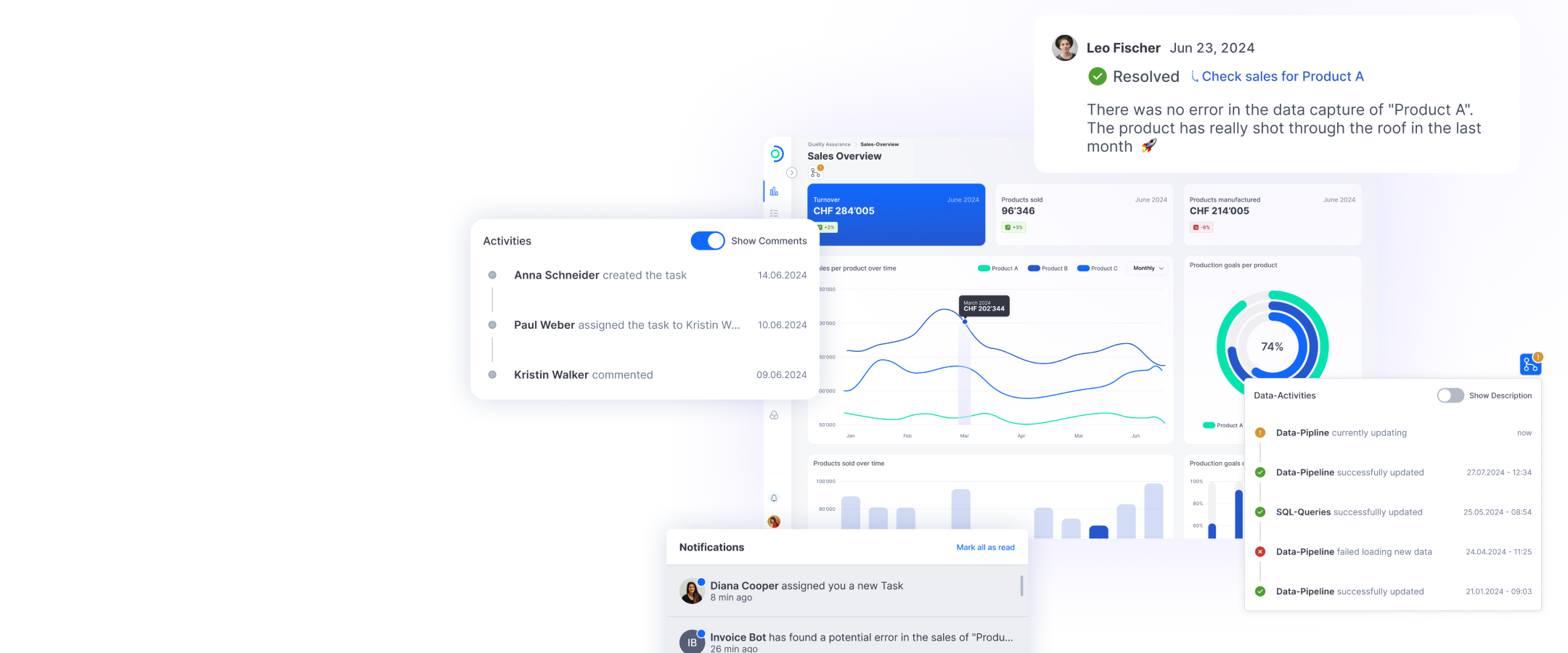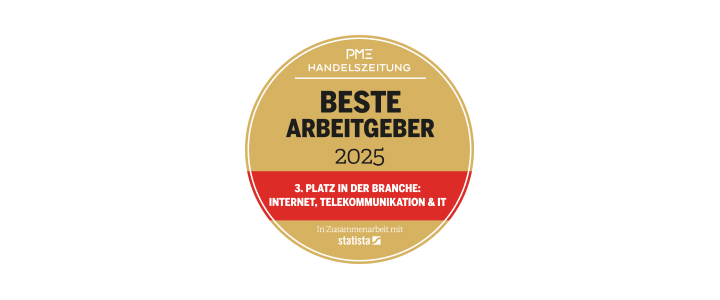“Doing business in Singapore requires speed and agility”
ti&m Singapore // ti&m opened a branch in the Southeast Asian metropolis and finance and technology hub three years ago. The Singapore office’s software solutions support local clients on various projects as they digitalize their businesses. We spoke with Marc Bühler, who heads up our Singapore branch, about our projects, the differences between Switzerland and Singapore, and the office’s somewhat unusual start.
Three years ago, just before the start of the Covid-19 pandemic, ti&m opened a branch in Singapore. You have been head of the office there right from the start. What was your experience of this time?
It was quite unique because my first day on the job was the first day of the Covid lockdown in Singapore. From a Swiss perspective, the Covid restrictions were drastic. Over the next two years, we could meet only in small groups: sometimes just two people, sometimes five or eight. Masks were also a strict requirement – even outdoors, where temperatures average 30 degrees Celsius. For the most part, Singapore was able to keep its death toll low and to keep the virus out of the island for a whole year. But this was possible with only very severe travel restrictions: for nearly two years, you had to spend two or three weeks in mandatory quarantine before you could enter Singapore.
Sounds like a tough start.
Despite the challenges due to Covid, my start with ti&m in Singapore was intense, incredibly exciting, and rewarding in every respect. Because we had to work from home for nearly two years, we recruited all our new employees via video meetings. So it was fantastic that we were able to hire talented people who believe in our vision and want to grow with us: developing our employees’ product knowledge is really important due to our broad range of products and services. We also want to continually invest in their professional development. I am really happy that we were able to get enough talented people on board and grow sustainably in line with our strategy. The motivation and energy of our staff in Singapore has really inspired me. We were finally able to get the whole team together for events last year, and that was really exciting for me.
Investing in our employees’ knowledge and development at the local level is really important due to our broad range of products and services
And what about clients: how did you manage to gain a foothold in the market in Singapore?
At first, we were able to grow thanks to our existing Swiss clients in the finance industry who have branches in Singapore. Since then, we have continually added new contracts from local and international clients.
What are the biggest differences between Switzerland and Singapore?
And what’s different about working with clients and employees there? In my opinion, the biggest differences are in the culture and business practices. Singapore is a dynamic and very diverse city that requires speed and agility. Being open to new technologies and innovations is a big part of our work with clients and employees. Clients here are very focused on technology and have high expectations of digital solutions. When working with employees, you notice their strong entrepreneurial spirit and how willing they are to change. Singapore is incredibly efficient. That is definitely partly because it’s a young country and a city state. Switzerland’s federal structures sometimes make it more difficult to reach an agreement. But the emphasis on efficiency in Singapore means that sustainability sometimes suffers as a result. The city’s skyline is one example. Buildings that are only 20 or 30 years old are already being torn down. And the new skyscrapers replacing them will be even bigger and closer together. And you can feel this emphasis on efficiency in the business world, too. Companies expect service providers like ti&m and their employees to be available constantly and to respond quickly. In general, the separation between personal life and work is not as strict as it is in the West.
A number of studies have found that Singapore has the highest burnout rate in the world.
People change jobs here more frequently than in Switzerland. So we aim to position ourselves as an employer of choice. In addition to exciting projects, we also want to offer our employees a flexible and pleasant working environment. In this way, we can systematically support talented and motivated people. For our product business, building up a good local knowledge of our products is crucial. This is the only way we can give our clients the best possible service. Despite the differences, both our clients and our employees here really value a certain amount of Swissness. They appreciate values like openness, transparency, and respect. But we don’t just market ourselves as a Swiss company with Swiss values. We have to let people see these values in action.
Singapore is a major fintech hub, but it’s also a leader in other sectors. What is your view of this small country’s capacity for innovation?
Singapore has a clear vision and a clear focus on promoting technology and innovation. And not just in the finance sector, but in other industries as well. You can also see this in everyday life. Singapore has been successfully using the Singpass electronic ID for many years now. You need it for nearly everything these days. But that’s not all: you can complete all administrative procedures online. Singapore’s capacity for innovation is also reflected in how we work with our clients. They are constantly looking for innovative solutions to enhance their competitive edge. One impressive example is the Singapore FinTech Festival, especially when you compare it to the Point Zero Forum in Switzerland. They are similar events with the same target audience. The event in Singapore attracted 62,000 visitors from around the world. The Point Zero Forum at Zurich Airport on the other hand is expecting only around 1,000 guests this year.
What client projects is ti&m involved with in Singapore? Which of our products are already in use?
We’re implementing a number of our products on the client side. Right now, we are working hard to roll out our digital customer onboarding solution at a client. Other clients are using various modules from our digital banking software, including digital payments and mobile banking apps. And a few clients in Asia are already using ti&m places, a workspace booking app in Microsoft Teams designed for hybrid work. Alongside this, we are developing custom digital solutions for financial institutions and other companies on various client projects.
What projects do we have coming up?
On the consulting side, we have won bids for several digitalization projects with commercial and real estate companies, to give a few current examples. At the moment, we are integrating artificial intelligence and machine learning into our existing products. Our goal here is to enhance the user experience. We are also working to localize our products. One example is our digital customer onboarding solution, which we have connected to the Singpass platform. And we’re also adapting our user navigation and making sure that our software supports Asian characters. This is crucial to our success in the market.







